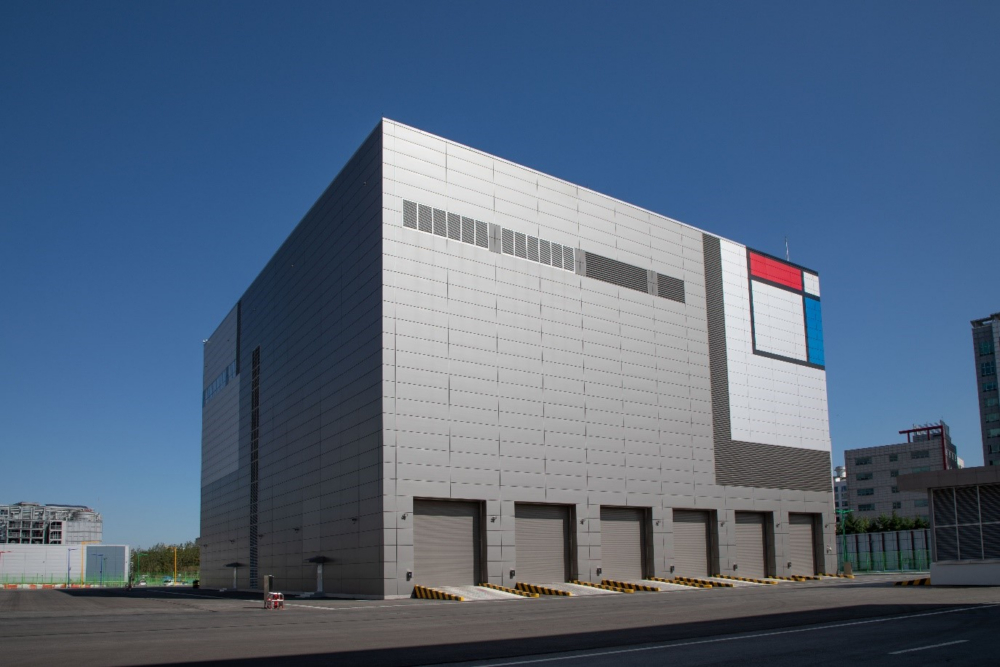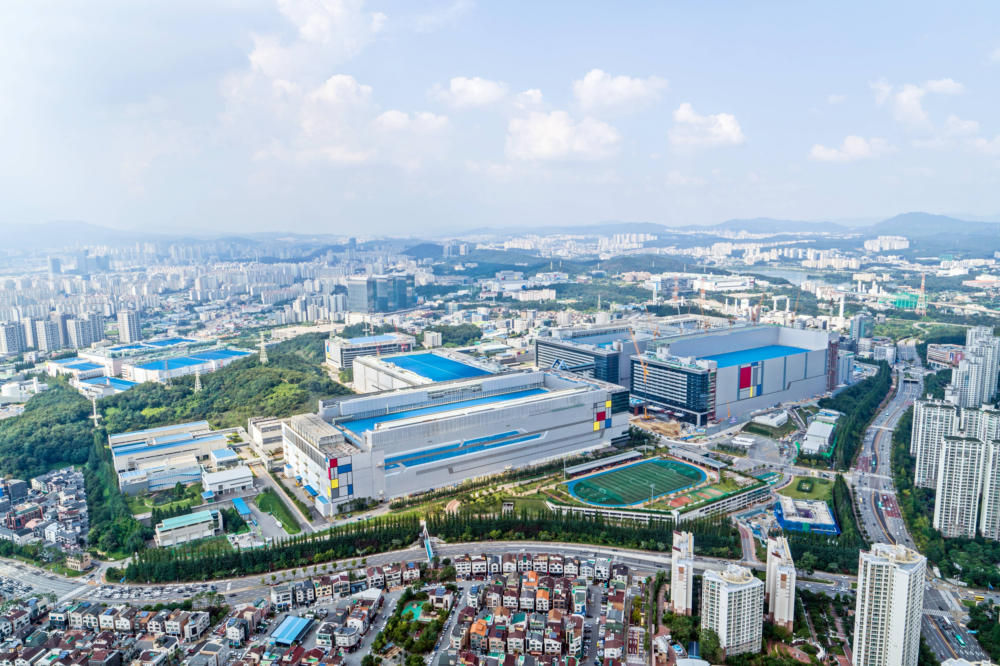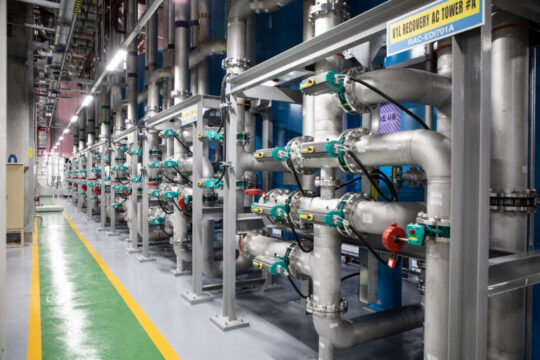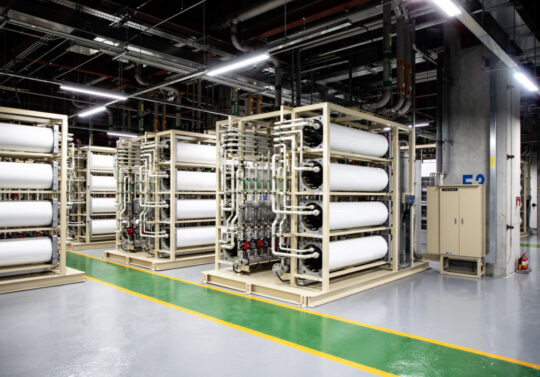Samsung has announced that its chip manufacturing campus in Hwaseong, South Korea, has received the industry's first Carbon Trust Standard for Water certification for its sustainable use of water resources. The coveted certification shows the South Korean tech giant's best practice approaches and continuous efforts towards the environment. Today, the certification was awarded at the British Carbon Trust's certification ceremony at the Plaza Hotel in Seoul.
The state-of-the-art facility, which includes a chip manufacturing plant and an R&D facility, uses Samsung's updated water management practices that largely focus on the 3R’s—reduce, reuse, and recycle—to reduce the water footprint. The company constantly keeps improving and optimizing its equipment and manufacturing processes. It also uses the membrane process to treat waste water and increase the water recycling rate.
Samsung claims that its sustainable water usage processes helped conserve several hundred million gallons of water in 2019. The water consumption at the Hwaseong plant dropped from an average of 13.24 billion gallons per year to 12.97 billion gallons. That's 274.7 million gallons of annual water savings, which is enough to be consumed by around 200,000 people in South Korea for an entire month.
The company has a dedicated team of water experts to ensure that the treatment of water remains green. Instead of using chemical-based treatment solutions, Samsung uses eco-friendly processes such as electro-deionization. It also uses energy-saving equipment to produce the pure water needed to manufacture semiconductor chips.







